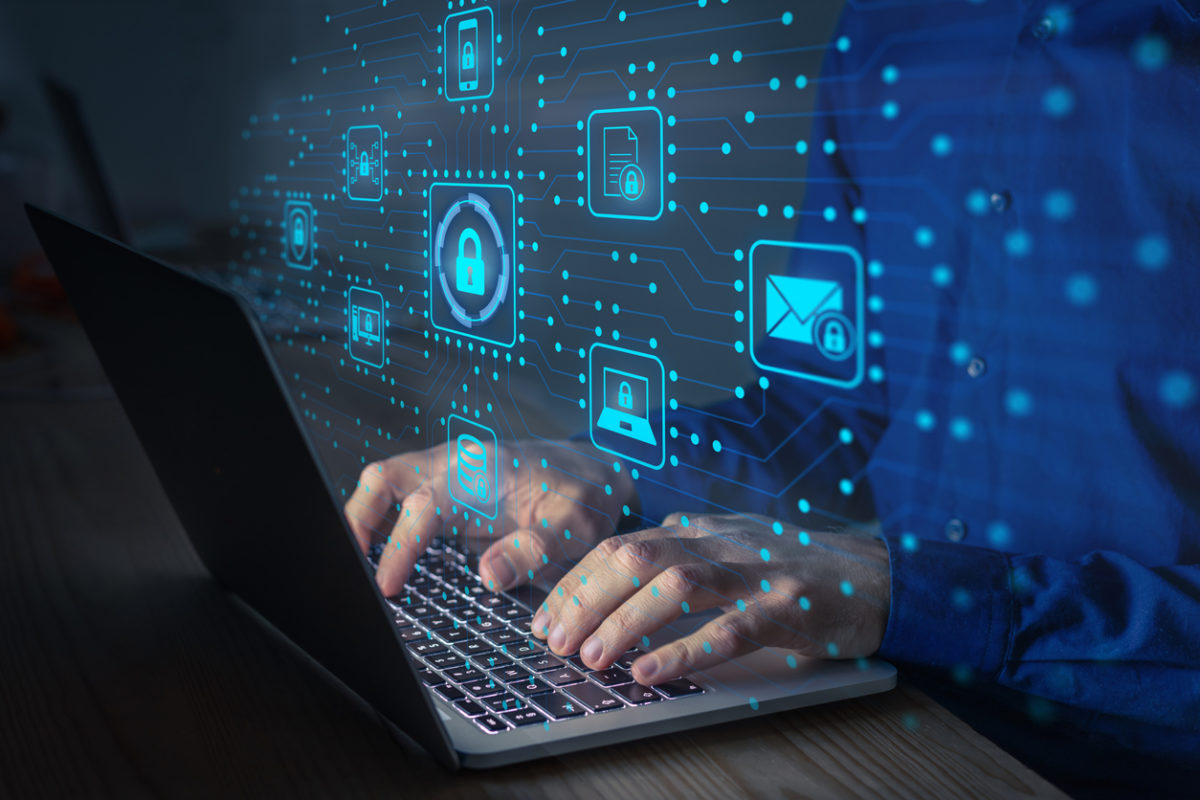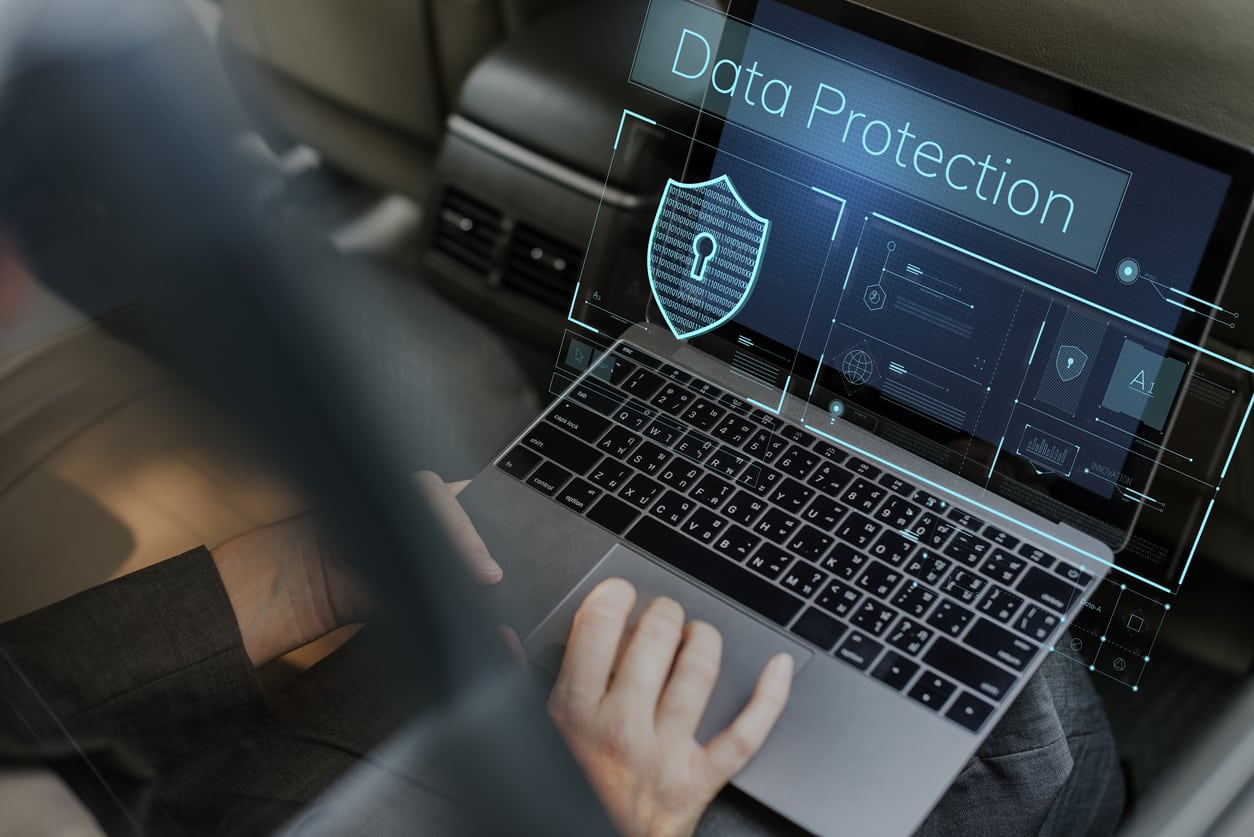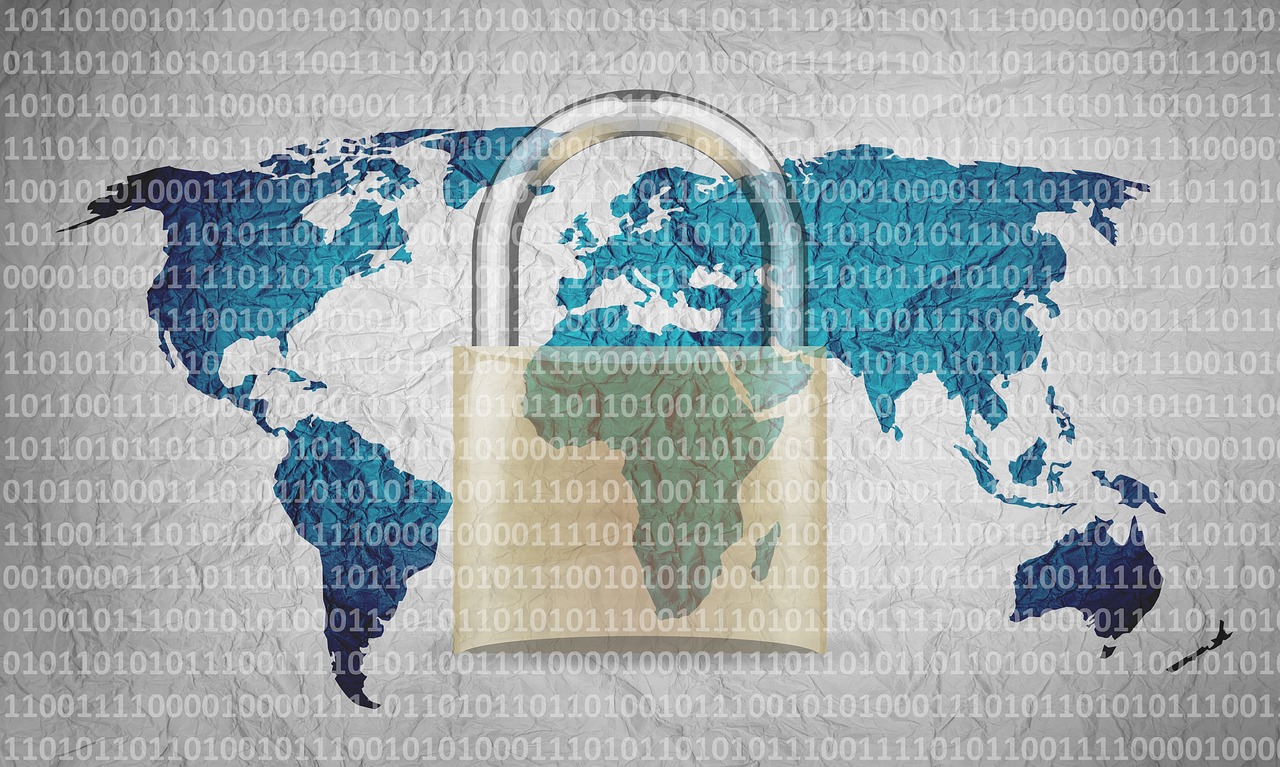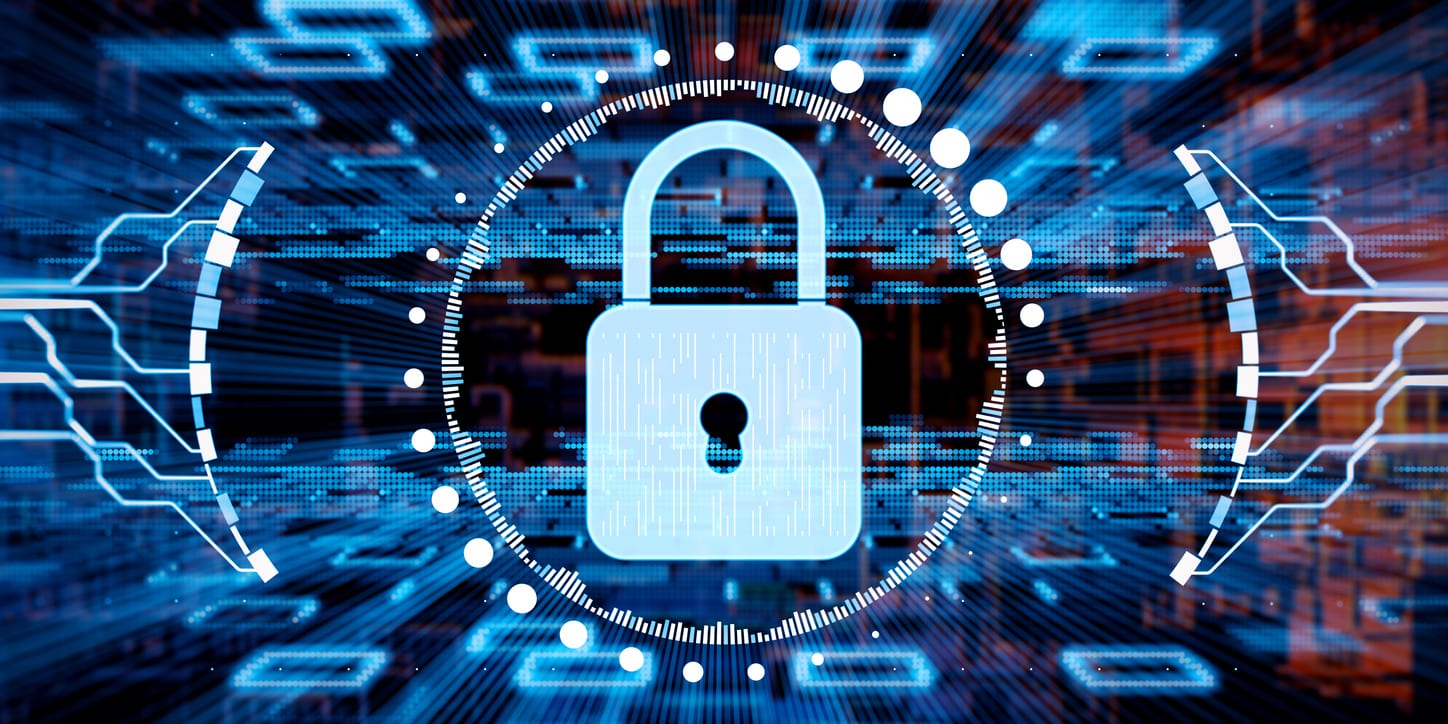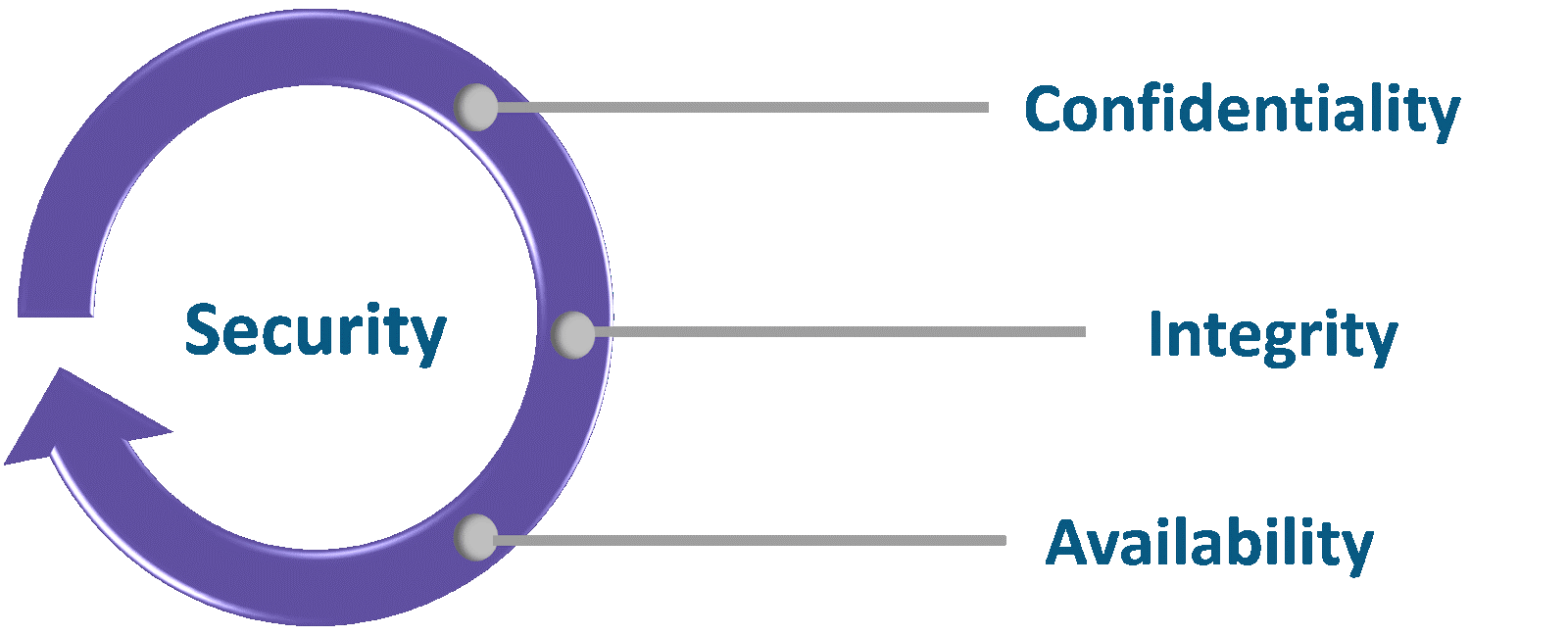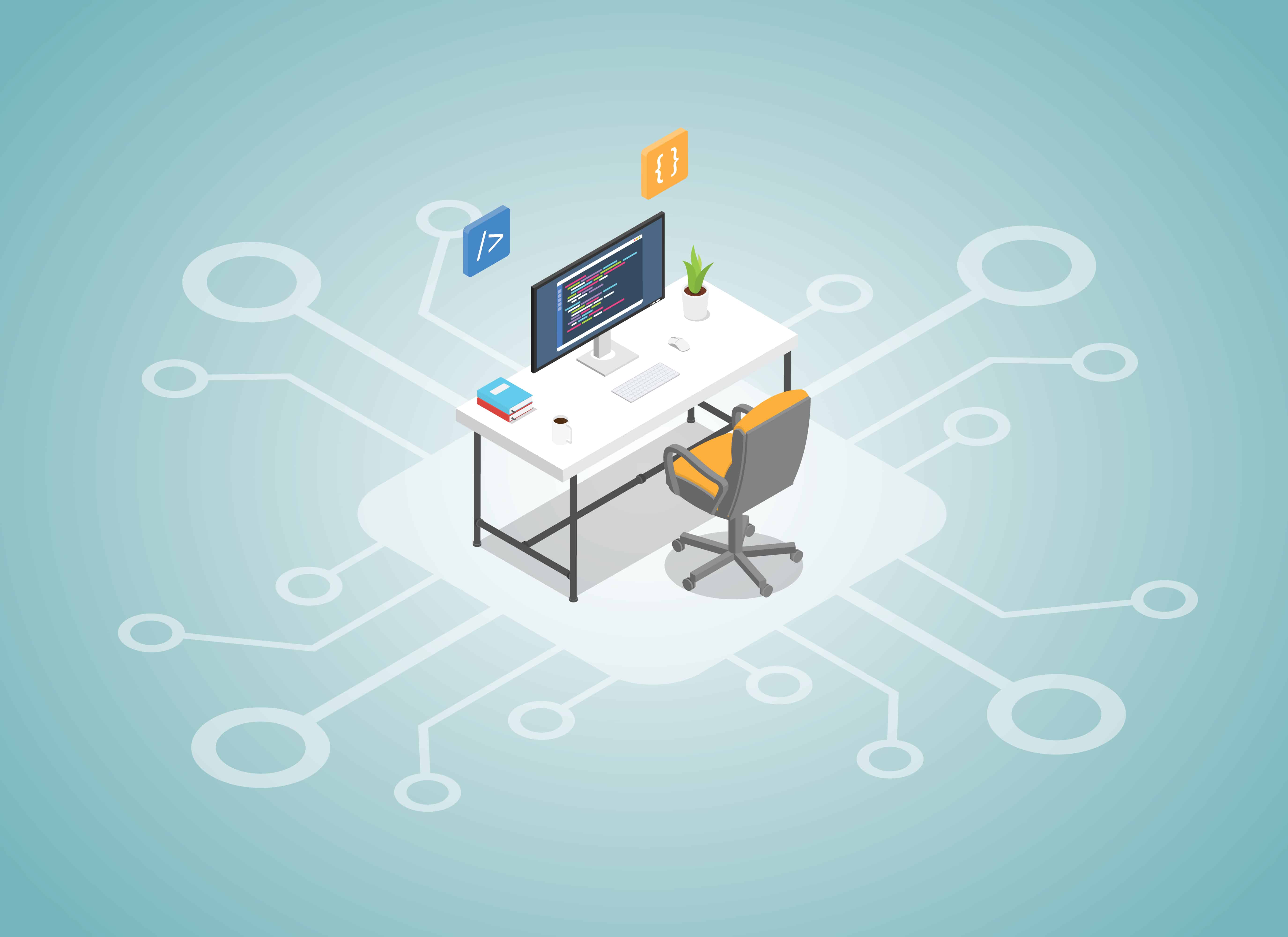Cybersecurity, also known as IT security or information security, protects electronic information from unauthorized access or theft. In Layman’s terms, it is the practice of keeping your electronic devices and data safe from hackers and other cybercriminals.
With the increasing dependence on technology in all aspects of our lives, it is more important than ever to keep our devices and data secure. From our personal devices to the servers that power our businesses, Cybersecurity is a critical part of keeping everything running smoothly. Hence, it is vital to stay up-to-date with the latest and most in-demand Cybersecurity skills.
This enormous demand has led several platforms to offer cyber security course free online. These cyber security courses facilitates people to grasp the skills they need to become professionals in this field without leaving their job or relocating. They are an excellent pathway to master the skills you need to kick-start a career in Cybersecurity, and they are affordable and let you learn at your own pace.
Enroll in Online Post Graduate Programme in Cyber Security, a top-rated Cyber Security course in India that will help you learn important concepts like foundations of information security, cyber-attacks, designing security controls, security operations & incident management with hands-on labs, and capstone projects.
Importance of Cybersecurity Skills

There’s no doubt that developing Cybersecurity skills is essential in today’s business world. Here are four key reasons why:
- Data breaches are becoming more common.
A recent study by Cybersecurity Ventures found that the cost of data breaches is expected to reach $10.5 trillion annually by 2025. As more businesses store sensitive data online, the risk of a breach increases. By developing Cybersecurity skills, you can protect your business from becoming a data breach victim. - Cyber-attacks are becoming more sophisticated.
The 2017 WannaCry ransomware attack was a wake-up call for many businesses, and the attack showed just how sophisticated cyber-attacks could be. As attackers become more sophisticated, it’s vital for businesses to have employees with the skills to defend against these attacks. - Compliance is becoming more critical.
With new data privacy laws, like the General Data Protection Regulation (GDPR), businesses need to be more compliant with data security. Having employees with Cybersecurity skills can assist in ensuring your business is compliant with these laws. - The demand for Cybersecurity skills is increasing.
The number of cyber-attacks is increasing, but the number of qualified Cybersecurity professionals is not, which has ultimately created a high demand for Cybersecurity skills. By developing these skills, you can make yourself more marketable to employers. You can also learn more about cyber security analyst salary to understand the demand for professionals in today’s industry.
You can also check out cyber forensic course online.
15 Most In-demand Cybersecurity Skills
The Cybersecurity industry is booming, and there is a tremendous demand for qualified Cybersecurity professionals for SecOps (Security Operations). With the ever-changing landscape of Cybersecurity threats, organizations are searching for candidates with the most up-to-date skills and knowledge to protect their networks and data.
Consequently, there is a lot of enthusiasm around the Cybersecurity skills required to succeed in this discipline. So, what are the top skills required for a successful career in Cybersecurity? Below are some of the most in-demand Cybersecurity skills that employers are looking for:
Programming Skills
One of the best ways to protect yourself and your business is to develop strong programming skills. By understanding how to code, you can better understand how cyber-attacks are carried out and how to defend against them. In addition, coding skills can help you automate tasks and processes, saving you time and money.
Professionals in the field of cybersecurity must be fluent in at least one programming language. You will be able to spot code issues if you have a thorough grasp of one language. Learning codes will improve your capacity to use mitigation approaches to address difficult software-related issues.
For a certain cybersecurity position, a specific programming language is necessary. Any cybersecurity expert should have a fundamental grasp of Java, Python, C, or C++. High-level positions in cybersecurity need coding skills. You may easily qualify for many cybersecurity positions if you can write and comprehend code.
IT and Networking Skills
To protect against cyber-attacks, you need to have a strong understanding of technical skills and how to network effectively. These skills will allow you to understand how data flows across networks and how attackers can exploit vulnerabilities.
To begin a career in cybersecurity, you must have a thorough understanding of networking. Learning networking will assist you in comprehending the technical components of data transmission, allowing you to secure your data better. Mastering system administration is another ability that will come in handy for you. It’s all about setting up and keeping computers up to date. You must be curious to learn about all of your computer’s capabilities and settings and to experiment with them.
Ethical Hacking
Ethical Hacking is a vital part of Cybersecurity, as it helps identify weaknesses and vulnerabilities in systems and networks. It identifies and fixes security issues before malicious actors can exploit them. This proactive approach can prevent data breaches, cyber-attacks, and other security incidents. It also helps organizations comply with data protection and privacy regulations, such as GDPR.
For me, one of the top skills for a cyber-security expert is a vast understanding of hacking. In order to properly guard an organization’s digital infrastructure, you must be able to see all potential vulnerabilities and how they can be exploited.
In essence, you must be able to think the same way a hacker might think in order to effectively understand how a system might be breached and how you can patch up those potential entry points.
This skill of ‘ethical hacking’ is an absolute must-have for anyone who hopes to become an accomplished cyber-security expert.
This cybersecurity skill is in top demand in the industry as organizations are looking for professional white hat hackers to protect them against black hat hackers. A Professional Ethical Hacker understands how a system can be hacked, how to prevent such attacks, and ways to proffer effective solutions if hacked.
Pro Tip: Ethical Hacking is an essential skill, and many seek to learn and comprehend it. Become an Ethical Hacker by enrolling in our course, and protect your organization and other individuals from several security threats.
Risk Assessment/Risk Management
An essential part of Cybersecurity is managing and mitigating risks. Candidates need to be able to identify risks, assess the impact of those risks, and develop and implement mitigation strategies.
Risk assessment is an in-demand skill because it allows companies to better prevent cyber-attacks from happening at all instead of just reacting to them when they happen.
A cyber security risk management specialist examines data to determine and mitigate the hazards that a business may face. CISOs collaborate closely with business stakeholders and executives to identify risks and their scope, as well as to develop tangible risk-reduction strategies.
Cloud Security
In today’s world, data is everything. Businesses of all sizes rely on data in order to make decisions, stay competitive, and drive growth. As a variety of businesses are migrating to the cloud, protecting this data has become even more critical.
Cloud Security is the practice of protecting data, applications, and infrastructure hosted in the cloud. It’s a complex challenge because the cloud is constantly evolving. There are various cloud environments, such as public, private, hybrid, etc., where each cloud environment has its own security challenges.
I would say one of the most in-demand abilities right now is cloud security. The devastating coronavirus epidemic has necessitated the use of innovative infrastructure designs and tools by numerous enterprises, firms, and organizations. For the most part, they’ve moved to cloud-based data services like Google Cloud, Azure, and Amazon Web Services, amongst other options. As a result, there is a growing need for cybersecurity specialists that have experience working with cloud-based data systems and managing their applications securely.
Andreas Grant, Network Security Engineer at Networks Hardware, agrees with the same and adds:
Internet of Things (IoT) Security:
IoT devices are often connected to the internet and are often controlled by apps or other software. This means that they are potential targets for cyber-attacks. Hackers could use IoT devices to launch attacks on other devices on the network, or they could use them to gain access to sensitive data.
Consequently, IoT security is essential because the IoT is proliferating and is being used in more and more critical applications. The IoT has the potential to transform this modern world for the better, but only if we deploy it safely and securely.
Harriet Chan, Co-founder and Marketing Director at CocoFinder, states that:
IoT security is the process of securing devices that are connected to the internet. These devices can include anything from smart thermostats to connected cars. IoT security involves protecting these devices from hackers and other threats. It also includes ensuring that data collected by these devices are secure.
Lyle Florez, Founder of EasyPeopleSearch, continues:
With the growing number of IoT gadgets, the cyberattacks through these gadgets also grow. IoT security centers around shielding associated gadgets and networks on the web. An immense number of IoT gadgets focus on their security and are significant for the future prosperity of the web ecosystem. By knowing this skill, you will understand current security and protection-related worries in the IoT area. So IoT security is also a very important cybersecurity skill as of today.
Blockchain Security
Blockchain Security is important because it helps to ensure the integrity of the transactions that take place on the network. Transactions that are recorded on the blockchain cannot be altered or deleted, signifying that they can be trusted.
Harriet Chan, Co-founder and Marketing Director at CocoFinder, agrees with us and continues:
Blockchain is a technology that allows for the creation of digital ledgers. These ledgers can be used to track transactions between parties. Blockchain security is the process of ensuring that these ledgers are secure. This involves protecting them from hackers and other threats.
Maria A. McDowell, Founder of EasySearchPeople, adds:
Blockchain technology is becoming a big thing as more companies are venturing into it. There is an increasing need for blockchain security experts in the industry. Although blockchain is complex to penetrate by hackers, there is a need to have a blockchain security expert in case of a cyberattack.
Network Security
As the world evolves to be more and more digital, the significance of Network Security grows as well. In the past, Data Security focused primarily on physical security – keeping hard copies of essential data under lock and key. However, with the advent of the internet and the growing interconnectedness of computer networks, Data Security has taken on a new meaning.
Therefore, Network Security is essential for protecting data and ensuring that it remains secure. There are many different ways to approach network security, but some crucial measures include encrypting data in transit, authenticating users and devices, and protecting data at rest.
Matthew Paxton, Founder and Owner of Hypernia, states the significance of Network Security Control:
The term network security control refers to the various procedures used to improve a network’s security. You must understand how your network, routers, firewalls, and other devices operate. A firewall is a piece of hardware or software that prevents outgoing or incoming Internet traffic from reaching your computer. You must use a firewall as a cybersecurity professional to filter and prevent illegal traffic from entering the network. You also need to be familiar with intrusion detection systems, intrusion prevention systems, virtual private networks (VPNs), and remote access. For example, you should use the IDS to monitor the network for any security policy violations and malicious activity.
Pro Tip: Many people underestimate the importance of network security in the realm of Cybersecurity. There are many sensitive areas of information that need to be protected for computers and networks. To learn how network security is a vital part of Cybersecurity, apply for our free network security course.
Computer Forensics Skills
Computer Forensics is the study of computers and digital evidence with the aim of uncovering illegal or unauthorized activity. Computer Forensics skills are essential in Cybersecurity because they allow us to investigate data breaches, understand the cause of a breach, and design better security systems. By understanding how Computer Forensics works, Cybersecurity professionals can more effectively protect against and investigate data breaches. To learn more, you can enroll yourself in cyber forensics courses and gain a comprehensive understanding of the same.
Harriet Chan, Co-founder and Marketing Director at CocoFinder, states that:
Computer forensics is the process of recovering and analyzing data from computers and other digital devices. This can include examining hard drives, memory, and other storage devices. It can also involve analyzing network traffic and email messages. This information can be used to track down criminals and to help organizations improve their security.
Andreas Grant, Network Security Engineer at Networks Hardware, continues:
As hacking incidents happen, people with digital forensics skills work as detectives to find out what went wrong. They try to recover the stolen data and identify the perpetrator. Learning this skill requires effective presentation ability, data analytical ability, and some level of investigative practice. Minor data breaches are happening every now, and then, so these experts are required to gather electronic evidence.
Penetration Testing
In the world of Cybersecurity, Penetration Testing (also known as Pen Testing) is a vital process for evaluating the security of a computer network or system. By simulating real-world attacks, Penetration Testing can identify vulnerabilities that malicious actors could exploit, assess the effectiveness of security controls, and identify potential areas of improvement in security processes. This information can then be used to strengthen the security of the system or network.
Andreas Grant, Network Security Engineer at Networks Hardware, agrees with the same and adds:
The need for penetration testing or pen testers won’t be going away anytime soon. Companies are always trying to enhance their existing defense systems, and that’s where pen testers come in. They look for vulnerabilities and help organizations improve their security measures. As it doesn’t require working full-time, one can work as a freelancer as well. It’s not a one-and-done task as some companies that deal with sensitive data require regular penetration testing. This profession is also known as an ethical or white-hat hacker.
Artificial Intelligence
Artificial Intelligence (AI) is playing an increasingly crucial role in Cybersecurity. As cyber-attacks become more sophisticated, AI is being used to help detect and defend against them.
AI can detect anomalies in data that may indicate a security breach, and it can also analyze patterns of behavior to identify potential threats. By understanding the behavior of both attackers and legitimate users, AI can help organizations more effectively identify and respond to security threats.
Leslie Radka, Founder and Hiring Manager at GreatPeopleSearch, agrees with us and continues:
AI is rapidly becoming famous in modern business activities because of its ability to swiftly detect technicalities that previously would have been hard to detect. The AI technology of modern days will help prevent and detect cyber threats before they affect operations in an organization so that a corrective measure can be undertaken.
Adam Korbl, Founder and CEO at iFax, Amplify Ventures and Fill App, further states that:
Security specialists may use artificial intelligence to better comprehend the cyber environment and spot unusual behavior. When cyber risks are recognized, it also assists cybersecurity experts by giving automated approaches and assistance. Security experts may use AI to supplement their resources in defending sensitive networks and data from cyber-attacks.
Analytical Skills
Analytical Skills are critical Soft Skills in any field, but they are significant in Cybersecurity. Analyzing data and finding patterns is essential for identifying security threats and vulnerabilities.
Adam Korbl, Founder and CEO at iFax, Amplify Ventures, and Fill App, further adds:
For security experts entrusted with studying computer systems in order to predict issues, analysis is a necessary ability. To prevent, detect, and respond to cyberattacks, analyze the risks and explore remedies. This necessitates not just technical competency in the use of security technologies to detect complex cyberthreats, but also soft skills like problem-solving, critical thinking, and the ability to communicate and persuade management to implement stronger security standards.
Eric Florence, a Cybersecurity Analyst at Security Tech, shares their success story of how Analytical Skills have benefited in implementing best practices in their Cybersecurity career:
Analytical skills are the most important aspect of cybersecurity. My analysis ability has been the reason that I have gotten each and every job in cybersecurity. A person who can take care of a problem proactively rather than reactively is always going to be much more valuable than someone who is very good at incident handling. The best analytical minds are always very creative. So, for anyone interested in cybersecurity who has a creative hobby of some sort, put that energy into your work, and you will become invaluable.
Communication
It’s no secret that communication is critical in any line of work. But good communication skills are essential in the field of Cybersecurity. Why? Because Cybersecurity is all about protecting data and systems from attack, which requires close collaboration between team members. Good communication skills help teams work together more effectively, which can make all the difference in the world when it comes to keeping networks and data safe.
In my eyes, one of the most important skills in cyber security is communication skills. It’s also one of the most underrated skills in cyber security. 9 out of 10 security breaches happen due to human error. This means that even though you have a strong technical setup, you still need to make sure that your employees are aware of threats and that they know what’s expected of them. You need to be able to communicate cyber security so everybody understands because cyber security is a team effort. It’s difficult to find people who have the technical knowledge but also know how to communicate with everybody.
With cybersecurity becoming a top priority across all industries, companies are looking for cybersecurity professionals who can communicate and collaborate with confidence. Working in cybersecurity means having to navigate multiple different departments, as you constantly must ensure that all employees are adhering to cybersecurity protocols. Also, if there is a cybersecurity issue, anyone should be able to come to you to dissect, discuss and problem-solve. IT is no longer a solitary position. You need quality collaborative and communication skills!
However, Nick Santora (CISA, CISSP), CEO of Curricula, adds some humor by stating:
Communication skills are essential. How can you take dry, boring concepts about cyber security and make them fun and engaging, so employees actually understand the role they play in helping keep your organization safe.
There is such a disconnect between employees and effective security awareness training. While the main focus of the entire cyber security program is compliance, the more you communicate about security to your employees, the more they will be motivated to help your organization stop hackers right in their tracks.
Auditing Skills
By conducting audits, analysts can get a better understanding of an organization’s overall security posture and where improvements may be needed. Additionally, auditing can provide valuable insights into an organization’s compliance with security standards and best practices. Auditing Skills can help Cybersecurity professionals ensure that their own organization follows best security practices and identify potential areas of improvement.
Peter Robert, CEO and Co-Founder of Expert Computer Solutions, agrees with the same and further adds:
In today’s digital world, businesses across all industries are looking to update and upgrade their security patches and privacy protocols. Cybersecurity auditing is the process of testing current security protocols to highlight any possible vulnerabilities in the system. Understanding how to audit systems requires broad cybersecurity knowledge and makes you a huge asset to any business looking to enhance their privacy and security.
Problem Solving Skills
Problem-solving skills are essential in Cybersecurity because they help identify and resolve issues that can put an organization at risk. Cybersecurity professionals use problem-solving skills to troubleshoot technical issues, analyze data to identify trends and potential threats and develop solutions to mitigate risks. Cybersecurity professionals can help protect their organizations from costly attacks and data breaches by using problem-solving skills.
If you want to work in cybersecurity, you should expect to be surrounded by issues. Problem-solving abilities are essential for finding solutions to the technological market’s most complicated security concerns. Network architecture can be maintained by diagnosing problems, analyzing data, and discovering complex difficulties. Learning about detection and prevention systems is also an important aspect of developing problem-solving abilities. As we’ve seen, Cybersecurity Professionals demand a diverse set of talents, including both soft and technical abilities. Today, cybersecurity tools and professionals are essential for constructing a solid security infrastructure. Career possibilities in cybersecurity will be in high demand in the future.
Summing Up
These skills are just a few among the most in-demand Cybersecurity skills that you need to possess to succeed in this discipline. If you want to stay ahead of the curve, it is crucial to update your skills and knowledge continuously.
If you’re aiming to enter the Cybersecurity field or advance your career in Cybersecurity, focus on developing these in-demand skills. Check Employers are looking for candidates with the skills and knowledge to protect their networks and data, so make sure you’re up-to-date on the latest trends and technologies.
If you are looking to upskill in Cybersecurity, there are several ways to do so. The best way to upskill is to enroll in a world-class cyber security program, which can help you focus your efforts on comprehending the necessary skills and experience in this discipline.
As cybersecurity threats continue to grow, mastering skills like ethical hacking is becoming increasingly essential. If you’re looking to get started, we offer a free ethical hacking course online that covers the fundamental concepts and techniques needed to understand and prevent cyber attacks.
